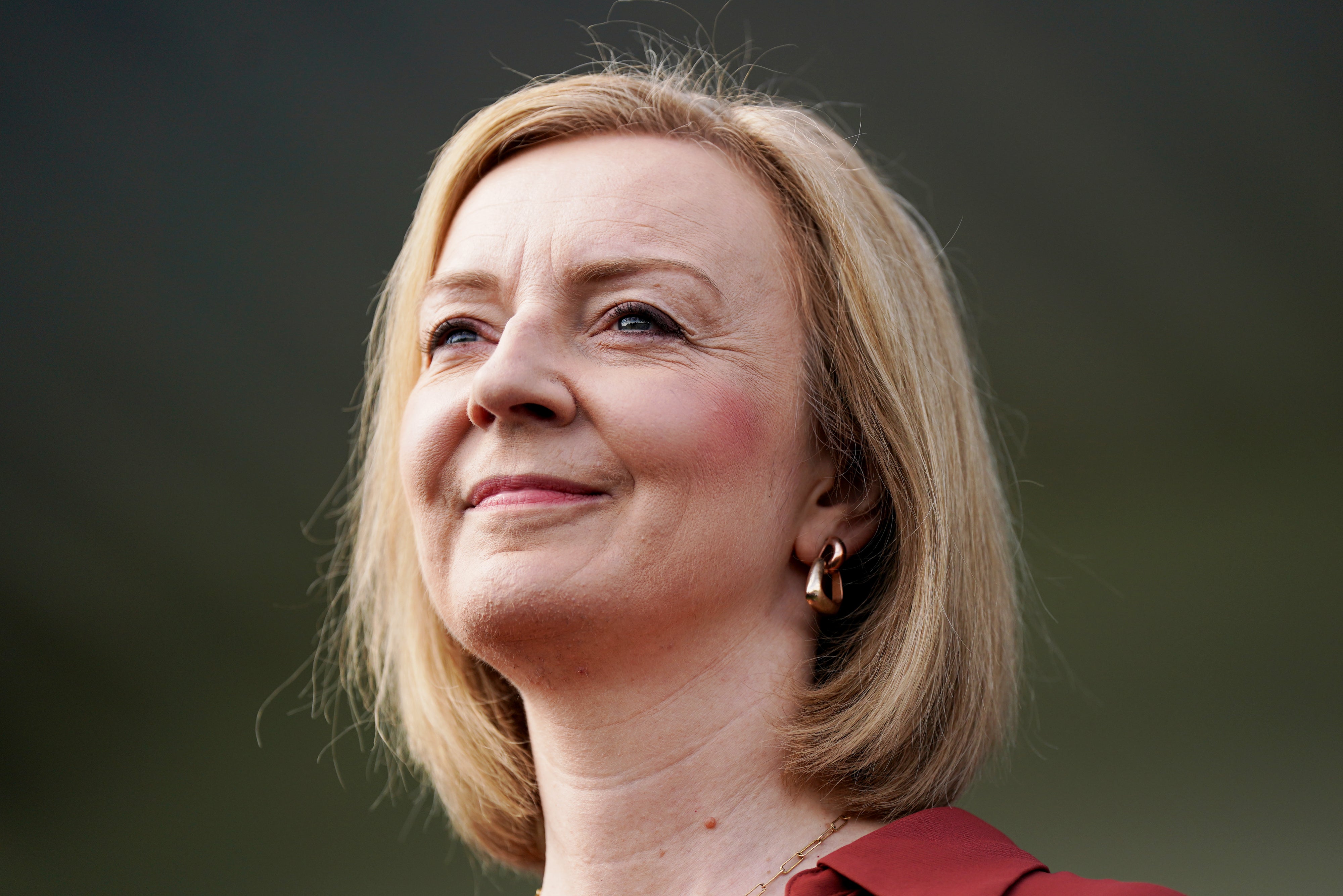Liz Truss repeats vow to introduce police targets to cut ‘key crimes’ by 20% despite warnings
Targets create ‘perverse incentives’ and risk that other crimes will get less attention, watchdog warns

Liz Truss has reiterated her vow to set police targets to “cut key crimes by 20 per cent”, despite mounting warnings over the potential consequences.
During a visit to a youth centre on Monday alongside former Conservative leader Iain Duncan Smith, the current leadership frontrunner outlined her crime policies.
They include plans to order police to reduce serious crimes by 20 per cent below 2019 levels, by the end of the current parliament in 2024.
Ms Truss also wants to draw up league tables showing the rates of crimes including murder, serious violence, burglary and vehicle theft for each police force.
The foreign secretary said she would launch a review of how to tackle and prevent antisocial behaviour and attempt to ensure that police officers respond to burglaries in person.
Ms Truss said: “I’ll make sure our police forces get back to basics and spend their time making streets safer. People can trust me to keep our streets safe, make our communities better, and deliver what I say I will.”
It came after the police watchdog said that forces were unable to get “back to basics” because their time was being taken up by a huge amount of non-crime demand.
Andy Cooke, HM chief inspector of constabulary, told The Independent that armed police were being sent to save the lives of people in cardiac arrest because ambulances “can’t cope” with demand.
“When we look at how policing can improve, we can’t just look at policing – we need to look at those factors that are influencing policing away from [solving crime],” he added.
““Police need to have sufficient time and resources to go and do what the public would expect them to do.”
Officers are spending up to a third of their time on non-policing matters, including responding to mental health crises, transporting patients to A&E and waiting for hours for them to be seen by medics.
The national lead for local policing, Chief Constable Olivia Pinkney, said: “It reduces the police ability to fight crime and protect people in all the wider ways we should.”
Recorded crime has hit a record high in England and Wales, while the proportion of offences resulting in a charge has plummeted to a record low of 5.6 per cent. The figure for rape is just 1.3 per cent.
Police sources previously called Ms Truss’ proposed 20 per cent targets “incoherent” and questioned how they would be achieved without an accompanying strategy or dedicated resources.
A 2015 report found that previous crime targets created “perverse incentives to mis-record crime” and caused police to respond to some offences selectively “to the detriment of other calls”.
Theresa May concluded at the time: “Targets don’t fight crime, they hinder the fight against crime.”
A report by HM Inspectorate of Constabulary found that targets imposed on the Metropolitan Police by Boris Johnson, during his time as London mayor, took focus away from vital child protection work and needed “urgent correction”.
The watchdog said the crimes selected at that time received “undue focus” even though they did not include serious offences such as terrorism, murder, sexual offences, kidnapping, gun crime, child abuse or sexual exploitation.
Speaking before Ms Truss’s speech on Monday, Mr Cooke said that performance management was important for police “but the wrong targets promote the wrong activities”.
“Too many targets mean that because it’s human nature, forces will solely focus on what that target is and other parts of business may get less attention when they need more,” he added.
“You’ve also got the issue of perverse incentives. There is always a temptation there to massage the figures in relation to improving how you look when you’re chasing a target.”
The former Merseyside chief constable said different forces have different crime landscapes and challenges, warning: “In what is a very complex business you can’t make the setting of targets into a very simple thing, because they’re not simple.”
Priti Patel, the home secretary, has asked the National Police Chiefs’ Council to lead a review of “productivity in policing”, which is due to report back next year.
An announcement on Monday said the review, led by the current acting Metropolitan Police commissioner Sir Stephen House, would look at “effectiveness and productivity in policing, identifying the barriers and the most efficient operating models”.






Join our commenting forum
Join thought-provoking conversations, follow other Independent readers and see their replies
0Comments